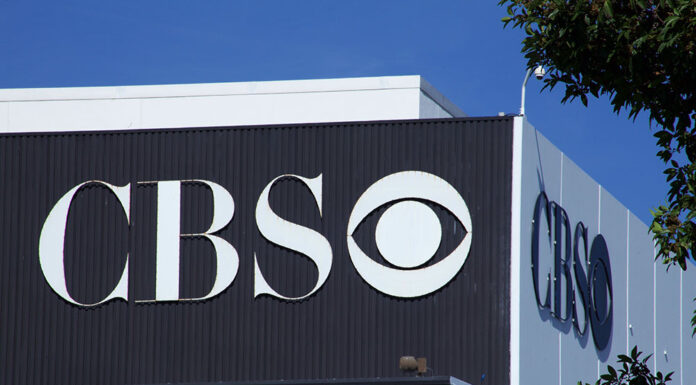Late-night television legend David Letterman delivered a scathing response to CBS following the network’s decision to cancel “The Late Show with Stephen Colbert,” posting a 20-minute compilation video on his YouTube channel that showcased his years of criticism toward the network.
The 78-year-old former host uploaded the video Monday, July 22, with the caption “You can’t spell CBS without BS,” according to multiple reports. The compilation, titled “CBS: The Tiffany Network,” featured eight clips spanning from 1994 to 2013 during Letterman’s own tenure hosting “The Late Show” on the network.
Letterman hosted “The Late Show” on CBS for 22 years, from 1993 to 2015, before passing the hosting duties to Colbert. The video compilation represents his most direct public statement regarding the network’s controversial decision to end the late-night franchise entirely in May 2026.
Among the clips featured in Letterman’s video montage was a 1994 segment where he mocked the network for losing its NFL broadcasting rights to Fox. That segment included a Top Ten list of “New CBS Slogans” with entries such as “Could be sold,” “CBS, now on Fox,” and “More powerful than the Weather Channel.”
Another notable clip showed Letterman criticizing CBS for a USA Today advertisement that prominently featured shows like “NCIS,” “The Unit,” and “Cane,” while relegating “The Late Show” to barely readable text at the bottom. The host pointed to the tiny mention and expressed his frustration with the network’s treatment of his program.
A particularly memorable segment included Letterman’s reaction to CBS mistakenly using a photo of rival host Jay Leno from NBC’s “The Tonight Show” when advertising its People’s Choice Award nominees online. Letterman responded with visible irritation, stating “He’s not on CBS! I am on CBS! What is the matter with these people?”
The compilation also featured a clip where Letterman joked about CBS executives being uncertain about how long “The Late Show” had been on the air. He indicated the network leadership demonstrated indifference toward the show’s history and suggested calling the CBS switchboard to see if they possessed basic knowledge about their own programming.
CBS announced the cancellation of “The Late Show with Stephen Colbert” on July 17, stating the decision was “purely a financial” one amid challenges facing late-night television. The network indicated its “admiration, affection, and respect” for Colbert made the decision difficult, emphasizing the choice was not related to the show’s performance or content.
The timing of the cancellation has drawn scrutiny from industry observers, coming days after Colbert sharply criticized Paramount Global’s 16 million dollar settlement with President Donald Trump over a “60 Minutes” interview. Paramount Global, CBS’ parent company, is currently seeking approval for a multibillion-dollar merger with Skydance Media.
Colbert returned to his show Monday night for his first full program since the cancellation announcement, addressing the controversy directly. He noted the network’s claim that the decision was purely financial despite “The Late Show” being number one in ratings, questioning the logic of the explanation.
The Late Show host also responded to Trump’s social media celebration of his firing, where the President called him “untalented.” Colbert countered with pointed remarks about Trump’s fitness for office and concluded with an uncensored expletive directed at the President.
Fellow late-night hosts have rallied around Colbert following the cancellation news. Jimmy Kimmel posted on Instagram expressing his anger at CBS, while Jon Stewart delivered an impassioned defense on “The Daily Show,” suggesting the cancellation might represent appeasement of Trump rather than a purely business decision.
Reports indicate “The Late Show” was losing between 40 million and 50 million dollars annually, reflecting broader challenges facing late-night television as audiences, particularly young men, increasingly turn to streaming platforms and other entertainment options. Ad revenue for late-night broadcasts has declined significantly in recent years.
Letterman’s YouTube channel also posted additional content supporting Colbert, including footage from his 2006 White House Correspondents Dinner performance and a 2010 Jon Stewart appearance. The strategic timing of these uploads suggests a coordinated effort to demonstrate support for Colbert and criticism of CBS’ decision.
The cancellation marks the end of “The Late Show” franchise after more than three decades on CBS, spanning both Letterman’s and Colbert’s tenures. Industry observers continue to debate whether the decision represents purely financial considerations or reflects broader political pressures facing the network and its parent company.








